Dépôt légal
Explication : Trump limoge le directeur de l'OGE
Par Nick Opoku
Le 10 février 2025, le président Trump a limogé le directeur du Bureau de l'éthique gouvernementale (OGE), David Huitema. Nommé pour un mandat de cinq ans par le président Biden, M. Huitema a pris ses fonctions en décembre 2024 après sa confirmation par le Sénat.
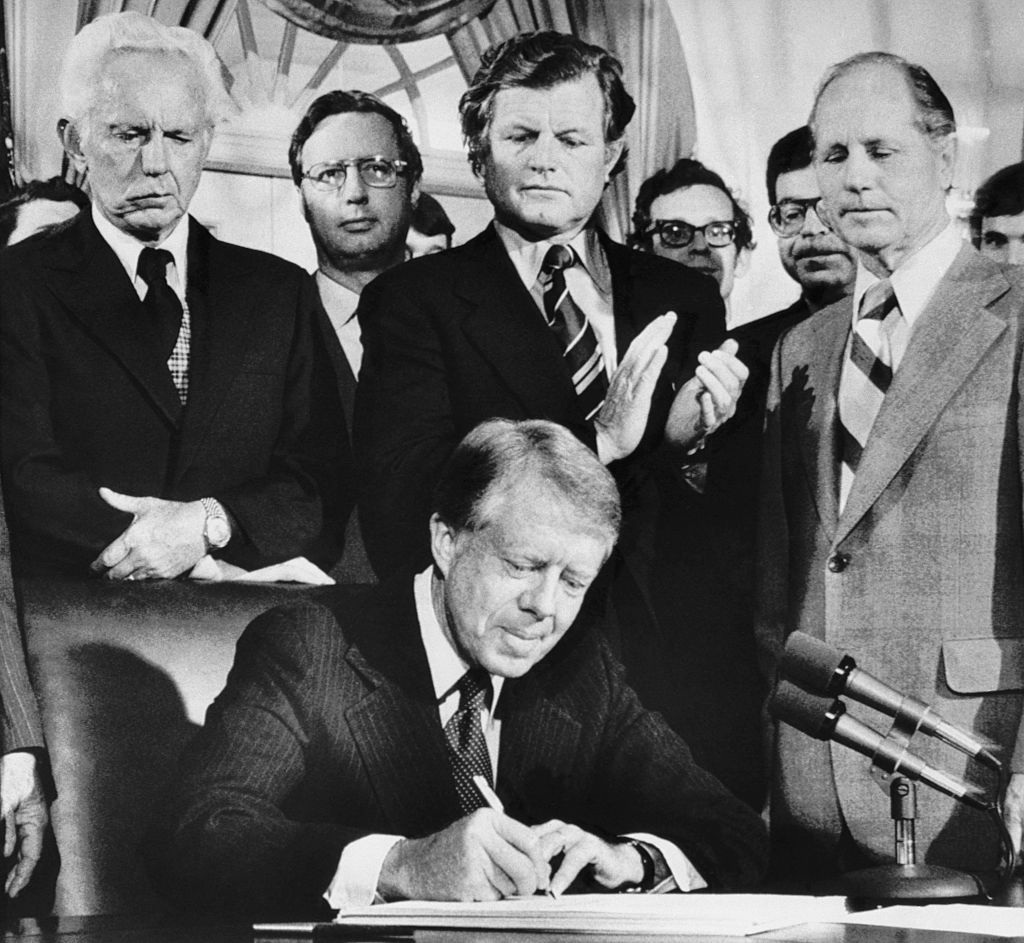
Quel est le rôle de l'OGE ?
Comment l’OGE soutient-il le président et le Sénat ?
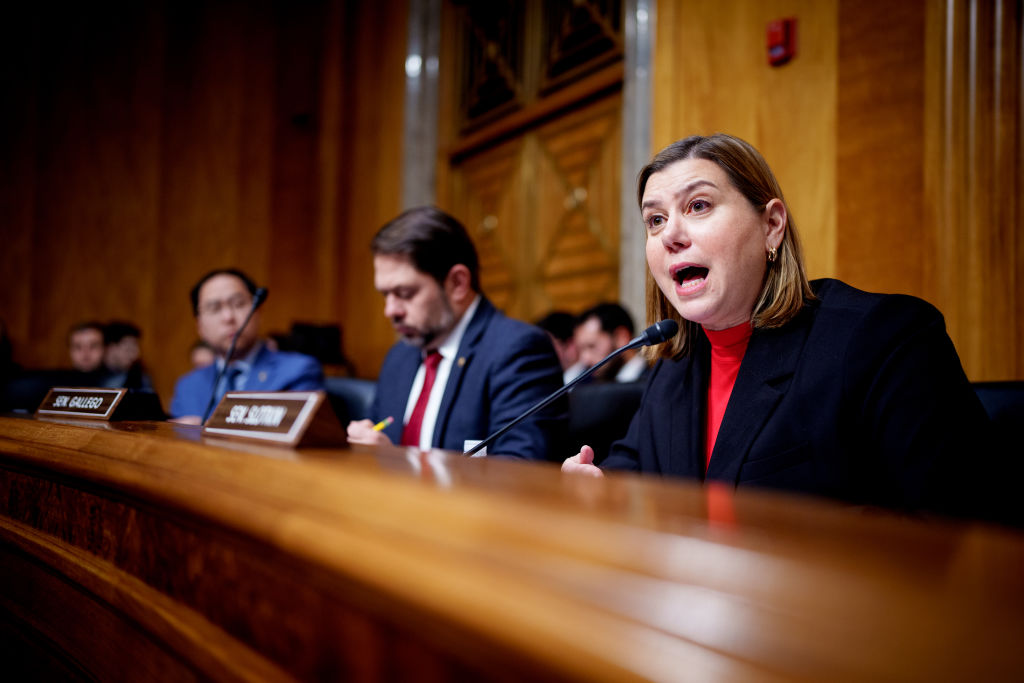
De plus, l'OGE assiste le président élu, le Président et le Sénat lors du processus de nomination et de confirmation des postes de conseil et de consentement. L'OGE travaille avec l'équipe de transition du Président élu ou la Maison Blanche pour examiner les déclarations de patrimoine des candidats, identifier les éventuels conflits d'intérêts et proposer des solutions pour les résoudre, le cas échéant.
Qui a remplacé le directeur de l'OGE ?
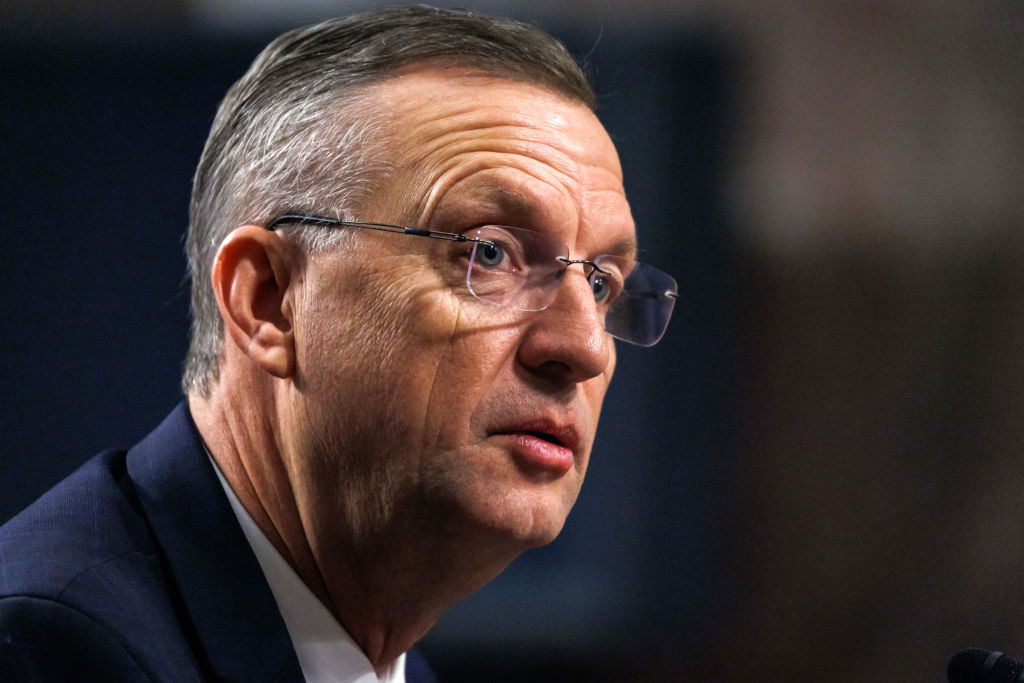
Le président Trump a choisi Doug Collins, ancien membre républicain du Congrès et actuel secrétaire du ministère des Anciens Combattants, pour être le directeur par intérim de l'OGE.

Quel est le rôle de l’OGE dans les enquêtes ?
Comment la politique éthique a-t-elle été séparée des enquêtes ?
En 1978, alors que le pays se remettait du scandale du Watergate et de la démission du président Nixon, le Congrès envisagea plusieurs réformes visant à protéger le peuple américain de la corruption et des abus du gouvernement. Deux fonctions jugées essentielles par le Congrès dans le cadre de ces réformes étaient : (i) l’élaboration et la supervision de la politique éthique ; et (ii) l’enquête et la réparation des violations de cette politique. La question se posait : ces deux fonctions devaient-elles être confiées à un seul bureau ou être séparées ?
Pourquoi le Congrès a-t-il choisi de séparer la surveillance éthique des enquêtes ?
En fin de compte, le Congrès a décidé de séparer ces fonctionsEn 1978, le Congrès a adopté la loi sur l'éthique gouvernementale, instituant l'OGE. Il a également adopté la loi sur l'inspecteur général, établissant un réseau de bureaux dans plusieurs départements et agences du pouvoir exécutif, chacun dirigé par un inspecteur général et chargé d'enquêter sur les allégations de gaspillage, de fraude, d'abus et de mauvaise conduite.
Comment la séparation des fonctions aide-t-elle ?
Entre autres choses, la séparation des fonctions politiques et d'enquête permet aux agences et aux fonctionnaires fédéraux de solliciter des orientations stratégiques sans craindre que leurs demandes soient utilisées contre eux par les enquêteurs. Cela permet également à ces derniers de hiérarchiser leurs enquêtes en fonction des besoins des agences qu'ils supervisent, sans l'influence du bureau des politiques.
L'OGE et les inspecteurs généraux travaillent-ils ensemble ?
Il convient toutefois de noter que les bureaux de l'Inspecteur général sollicitent régulièrement l'assistance technique de l'OGE pour les questions qu'ils enquêtent et qui pourraient impliquer les règles d'éthique. De plus, l'OGE transmet parfois les questions d'éthique portées à son attention aux Inspecteurs généraux pour d'éventuelles enquêtes. Ainsi, l'OGE et les bureaux des Inspecteurs généraux remplissent des fonctions complémentaires pour garantir que le pouvoir exécutif sert correctement le public.
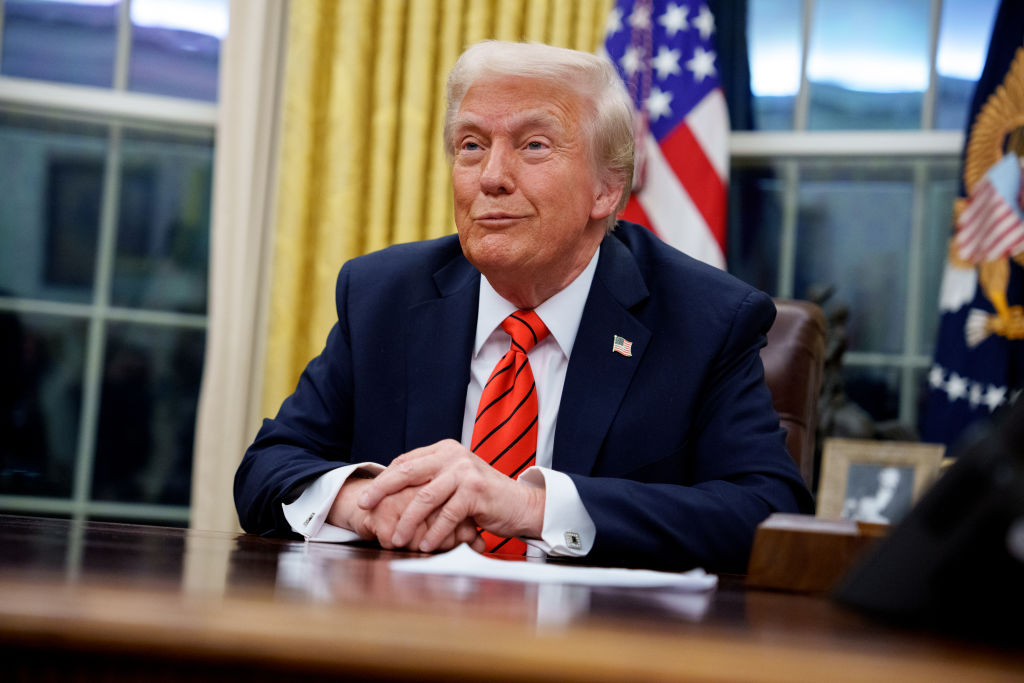
Pourquoi l’administration Trump a-t-elle mis fin au groupe de travail sur les actifs des oligarques russes ?
Le 6 février 2025, le ministère de la Justice (DOJ) efforts démantelés d'appliquer des sanctions contre les oligarques russes proches du Kremlin suite à l'invasion de l'Ukraine par la Russie en 2022.
Quel était le but de la Task Force KleptoCapture ?
Une note de la procureure générale, Pam Bondi, indique que l'effort, connu sous le nom de « Task Force KleptoCapture », prendra fin dans le cadre d'un changement d'orientation et de financement vers la lutte contre les cartels de la drogue et les gangs internationaux.
Quel a été l’impact de la Task Force KleptoCapture ?
Ce groupe de travail a été créé sous la présidence Biden pour grever les finances des riches associés du président russe Vladimir Poutine et sanctionner ceux qui facilitent les sanctions et les violations des contrôles à l'exportation. Il s'inscrivait dans une démarche plus large visant à exclure la Russie des marchés mondiaux et à appliquer des sanctions de grande envergure imposées à Moscou, sur fond de condamnation internationale de sa guerre en Ukraine.
Quels sont les résultats de la Task Force KleptoCapture ?
Le groupe de travail a inculpé le magnat de l'aluminium, Oleg Deripaska, et le magnat de la télévision, Konstantin Malofeyev, pour violation présumée des sanctions, et a saisi des yachts appartenant aux oligarques sanctionnés Suleiman Kerimov et Viktor Vekselberg.
Quel est l’avenir des poursuites liées aux sanctions contre la Russie ?
Andrew Adams, le premier chef du groupe de travail, prédit une « forte baisse du rythme des accusations visant les facilitateurs spécifiques à la Russie ».
Pourquoi l’administration Trump a-t-elle suspendu l’application de la loi sur les pratiques de corruption à l’étranger ?
Le 10 février 2025, le président Trump a signé un décret suspendant l'application du Foreign Corrupt Practices Act, une loi fédérale qui criminalise la corruption d'agents publics étrangers par les entreprises américaines. Le président a déclaré que cette loi désavantageait les entreprises sur la scène internationale.
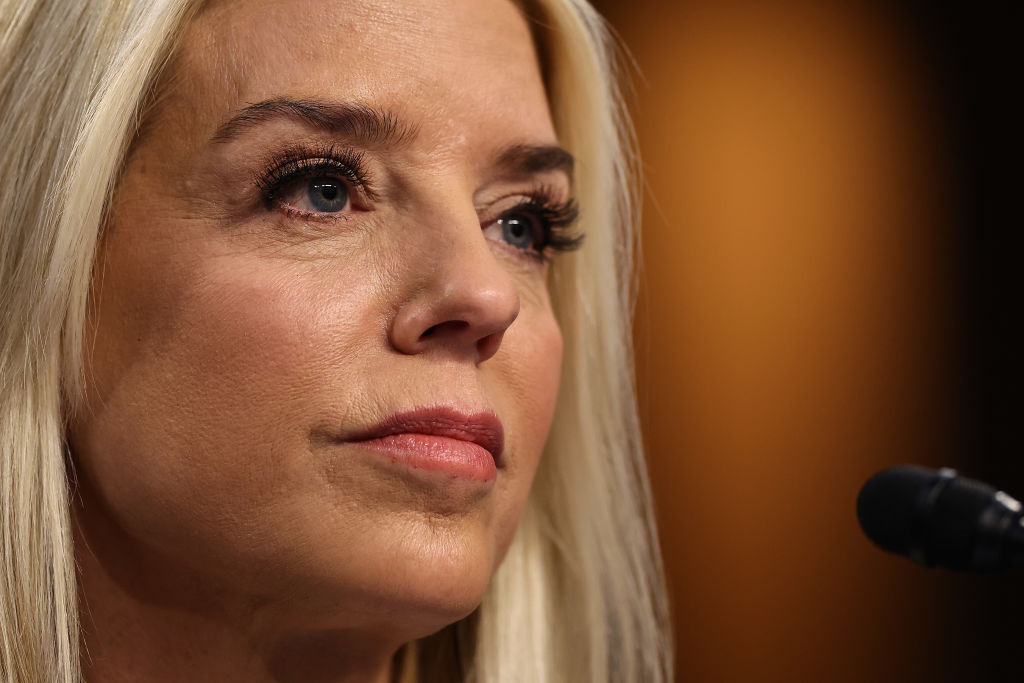
Que signifie le décret exécutif sur la loi sur les pratiques de corruption à l’étranger ?
Quelle est la raison de la suspension de la loi sur les pratiques de corruption à l’étranger ?
Le président a déclaré que le nouvel ordre vise à restaurer la compétitivité économique américaine.
Résumé
- Ce qui se passe:Le 10 février 2025, le président Trump a démis de ses fonctions le directeur du Bureau de l'éthique gouvernementale (OGE) et l'a remplacé par son propre avocat personnel..
- Pourquoi c'est important: Le limogeage de Huitema, qui intervient à peine trois semaines après le licenciement massif des inspecteurs généraux, est un autre exemple de la volonté de l'administration Trump d'éliminer même les protections les plus élémentaires contre la fraude, le gaspillage et les abus au sein du gouvernement.
- Notre position: Nous avons besoin de gardiens de l’éthique non partisans pour garantir que les affaires publiques soient menées dans l’intérêt public – et se débarrasser des garanties contre la corruption est une invitation ouverte de la part de ceux qui cherchent à profiter à nos dépens.
Chronologie des événements clés
- 1978: Le Bureau de l’éthique gouvernementale (OGE) a été créé par la loi sur l’éthique au sein du gouvernement pour fournir « l’orientation générale des politiques du pouvoir exécutif liées à la prévention des conflits d’intérêts ».
- 2022: La Russie envahit l’Ukraine, provoquant des sanctions internationales.
- 2022-2024: Le gouvernement américain applique des sanctions contre les oligarques russes par le biais de la Task Force KleptoCapture.
- Décembre 2024 : David Huitema est nommé directeur de l'OGE par le président Biden.
- 6 février 2025 : Le ministère de la Justice (DOJ) a dissous le groupe de travail chargé d’appliquer les sanctions contre les oligarques russes.
- 10 février 2025 : Le président Trump a démis de ses fonctions le directeur de l’OGE, David Huitema, et l’a remplacé par son avocat personnel.
- 10 février 2025 : Le président Trump a signé un décret suspendant l’application de la loi sur les pratiques de corruption à l’étranger (FCPA).
Ressources connexes
Dépôt légal
Common Cause Amicus Brief in National Religious Broadcasters et al. v. Billy Long
Massachusetts Vidéo
Webinaire « Stop the SAVE Act : Protéger la démocratie »
Guide

